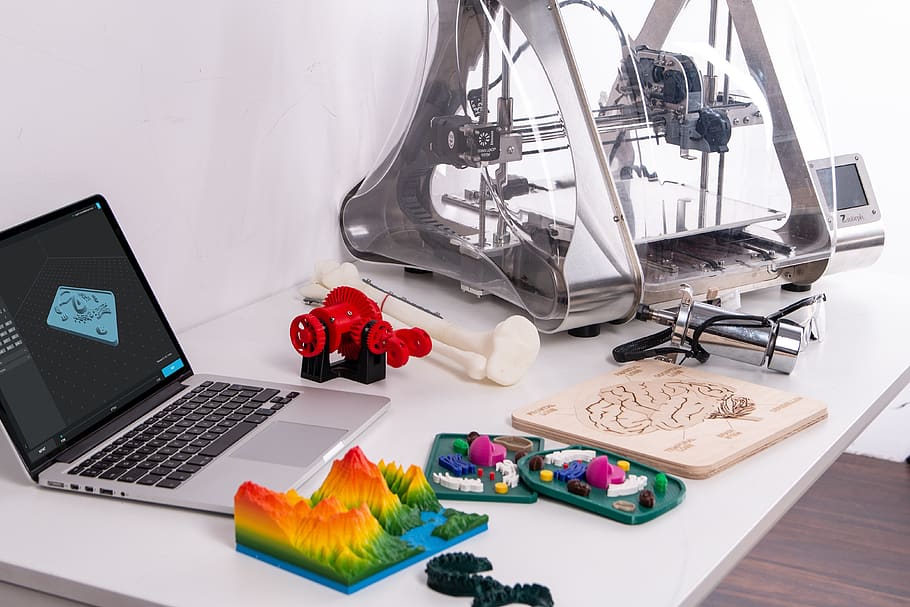INTRODUCTION:
Menstruation is a natural and normal process that women go through each month. However, across the globe, menstrual hygiene remains a significant challenge for millions of women and girls, impacting their health, education, and overall well-being. Inadequate access to menstrual hygiene products, lack of awareness, and societal taboos surrounding menstruation contribute to a persistent problem that demands urgent attention. This article explores the importance of menstrual hygiene, its implications for women’s health, and the need for comprehensive solutions to ensure every woman can manage her menstruation with dignity.
UNDERSTANDING MENSTRUAL HYGIENE:
Menstrual hygiene refers to the practices and conditions necessary for women and girls to manage their menstruation in a clean, safe, and dignified manner. It encompasses a range of factors, including access to menstrual products, sanitation facilities, clean water, and education about menstrual health.
IMPACT OF MENSTRUAL HYGIENE ON WOMENS HEALTH:
- Infections and Health Risks: Poor menstrual hygiene can lead to infections such as urinary tract infections (UTIs), vaginal infections, and reproductive tract infections (RTIs). These infections can have long-term health consequences if left untreated.
- Reproductive Health: Maintaining proper menstrual hygiene is crucial for reproductive health. Unhygienic practices during menstruation can increase the risk of complications during pregnancy and childbirth, including the potential for maternal and infant mortality.
- Mental and Emotional Well-being: Menstruation-related stigma and inadequate access to menstrual products can lead to psychological distress, anxiety, and reduced self-esteem among women and girls. Addressing menstrual hygiene comprehensively can positively impact mental health outcomes.
CHALLENGES AND BARRIERS:
- Lack of Access to Menstrual Products: Many women and girls, particularly in low-income communities, struggle to afford or access menstrual products like sanitary pads or tampons. This often leads to unhygienic alternatives such as using old rags, newspapers, or leaves, which can cause health issues.
- Limited Sanitation Facilities: Insufficient sanitation facilities, including lack of clean and private toilets, pose challenges for women to manage their periods hygienically. This is particularly problematic in schools and public spaces, often leading to absenteeism and reduced educational opportunities for girls.
- Stigma and Cultural Taboos: Menstruation is still considered a taboo subject in many societies, leading to stigmatization and exclusion of women and girls. This perpetuates myths and misinformation, hindering efforts to promote proper menstrual hygiene practices.
PROMOTING MENSTRUAL HYGIENE:

- Education and Awareness: Comprehensive menstrual health education is essential to dispel myths, promote hygiene practices, and create a supportive environment for women and girls. This includes educating both genders about menstruation to foster understanding and empathy.
- Access to Affordable Menstrual Products: Governments, NGOs, and private sectors should collaborate to ensure affordable and accessible menstrual products for all. Innovative solutions such as reusable menstrual pads or menstrual cups can provide sustainable options for women.
- Improved Sanitation Infrastructure: Investing in adequate sanitation facilities, including clean and private toilets, in schools, workplaces, and public spaces is crucial to promoting menstrual hygiene.
- Breaking the Stigma: Efforts should be made to challenge cultural taboos and eliminate the stigma surrounding menstruation. By normalizing conversations about periods, we can create an environment where women and girls can manage their menstruation with dignity and without shame.
CONCLUSION:
Addressing menstrual hygiene is not only a matter of women’s health but also a crucial step towards achieving gender equality and empowering women. By ensuring access to menstrual products, education, and sanitation facilities, we can break the barriers that hinder women and girls from managing their periods safely and with dignity. It is time to prioritize menstrual hygiene as a fundamental human right, promoting a world where menstruation is no longer a barrier to women’s health and well-being.





